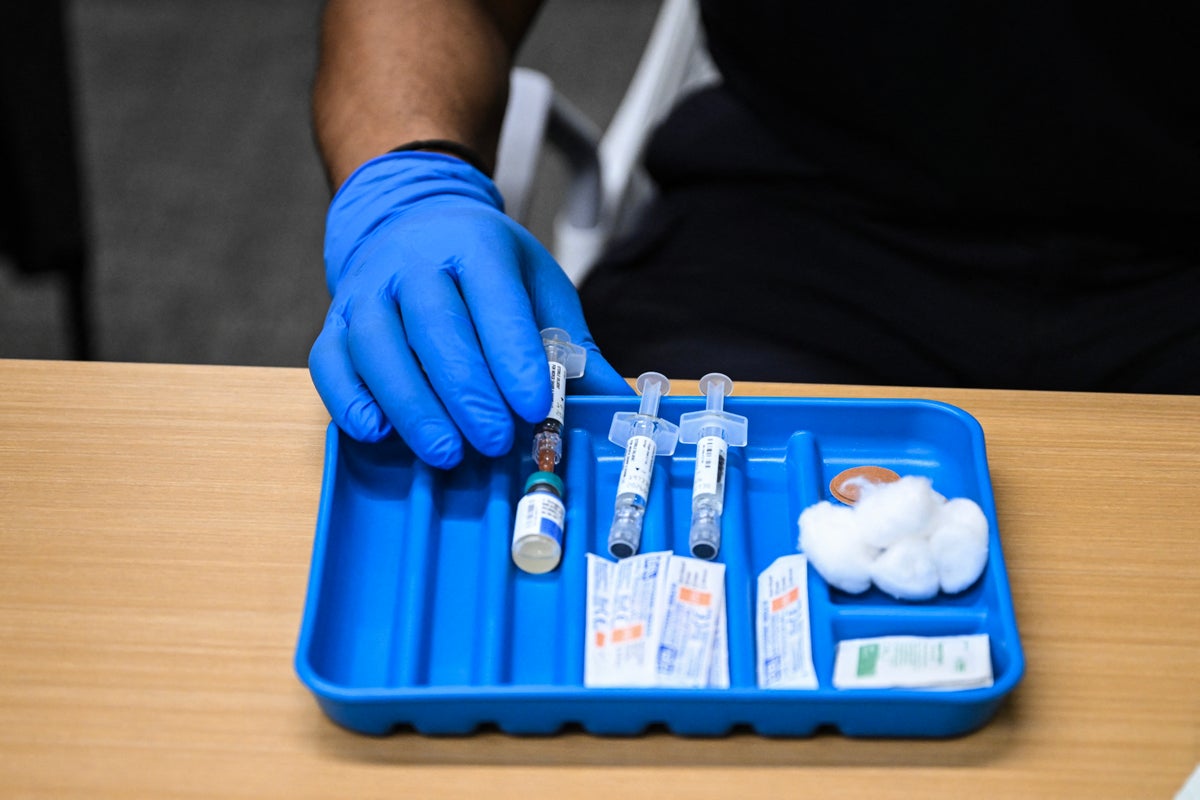
"The decision to vaccinate is a personal one, a message that does not reflect long-standing scientific consensus but rather echoes the sentiment of vaccine critics such as Kennedy."
"As measles outbreaks have continued to spread in 19 U.S. states, leaders at the CDC have buried a new assessment that found a high risk of catching measles."
"Historically, the CDC's messaging strategy for encouraging vaccination emphasized protecting both oneself and the community, especially vulnerable individuals who cannot yet get vaccinated."
"What's alarming about the CDC's recent inaction is not just its decision to bury the news, but the justification that follows from it."
The CDC has recently buried an assessment indicating high measles risk in areas with low vaccination rates as outbreaks escalate in 19 U.S. states. The document recommended a renewed push for vaccination, highlighting the necessity of protecting vulnerable populations. However, this initiative was abandoned, potentially influenced by the sentiments of vaccine skeptics, including Robert F. Kennedy, Jr., now leading health policies. The current messaging indicates a shift away from longstanding scientific consensus, alarming public health experts and raising concerns about future responses to outbreaks.
Read at www.scientificamerican.com
Unable to calculate read time
Collection
[
|
...
]